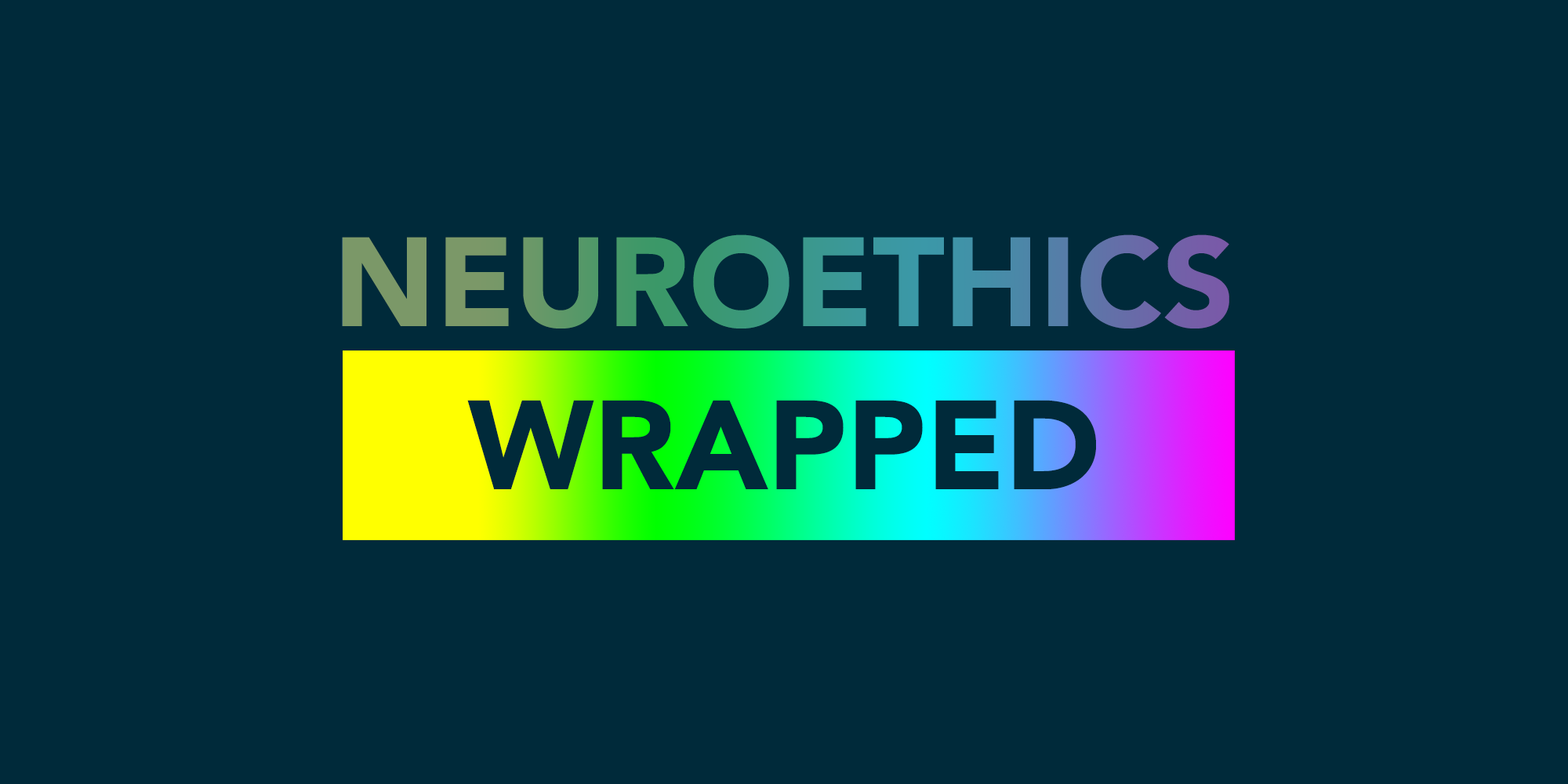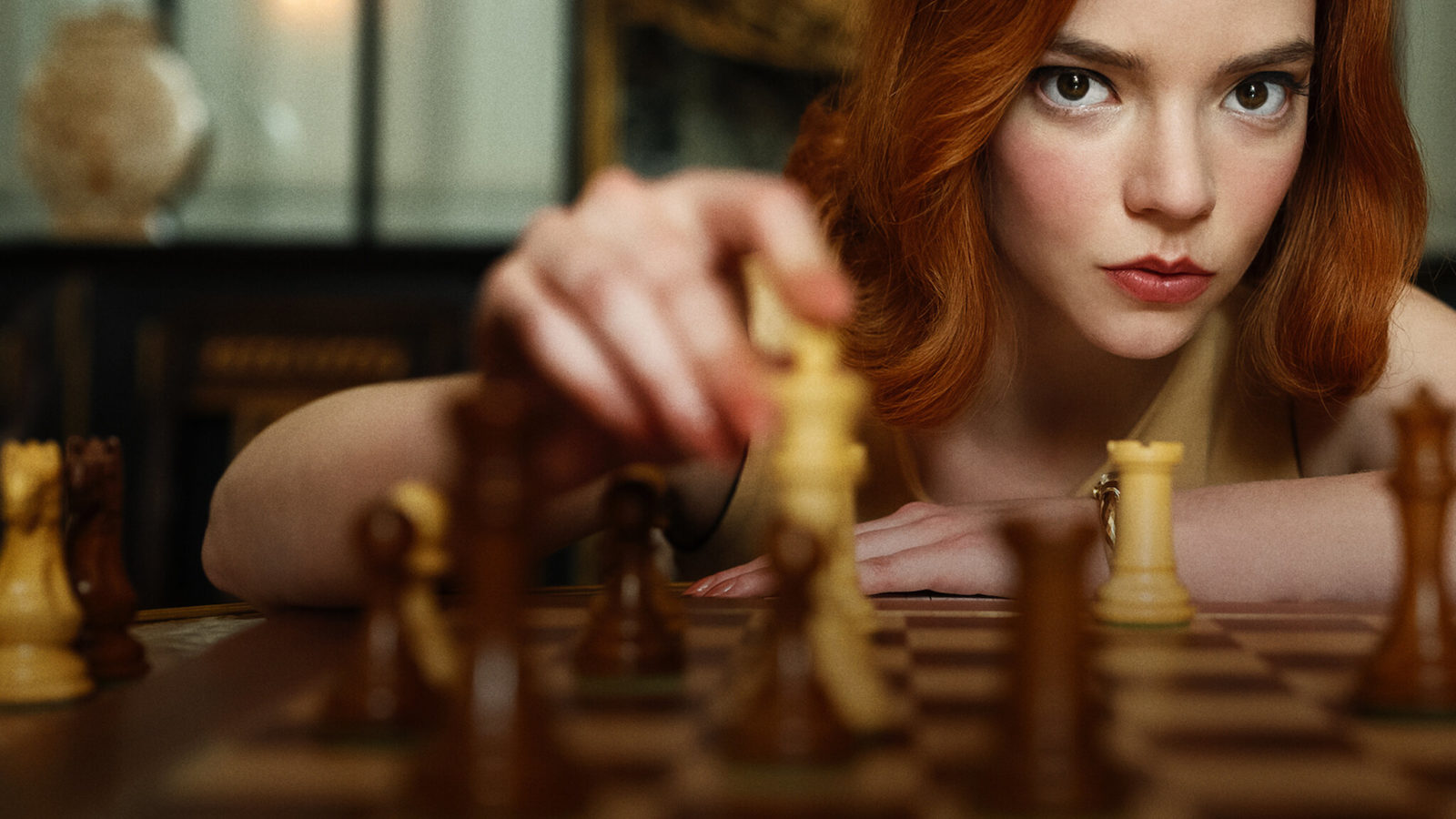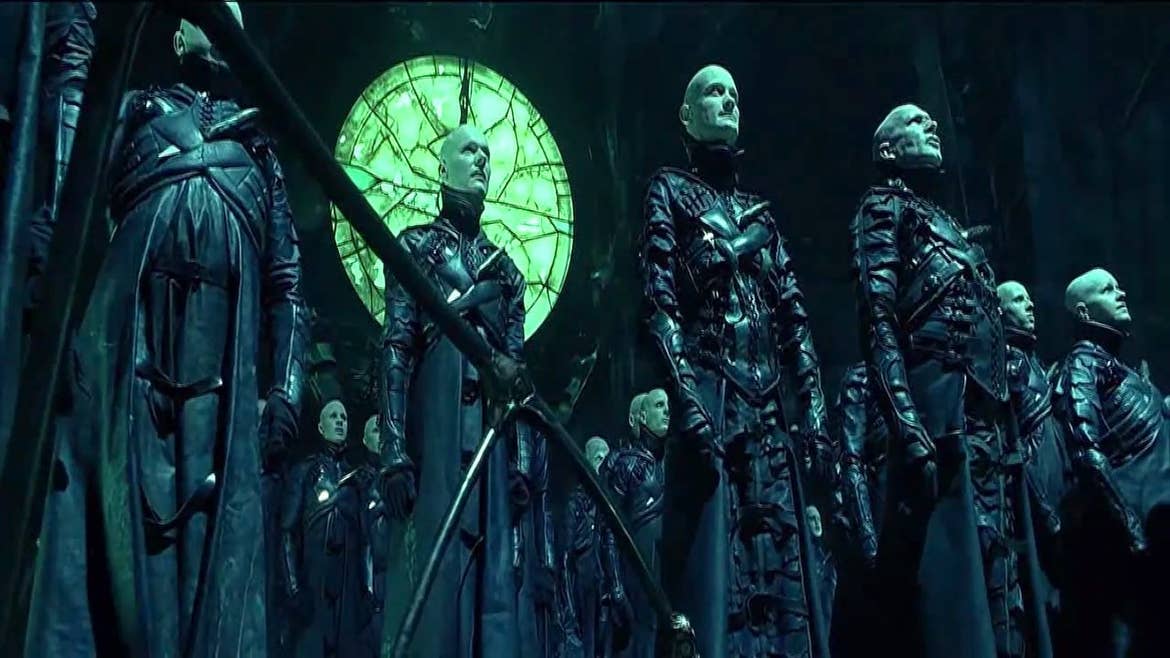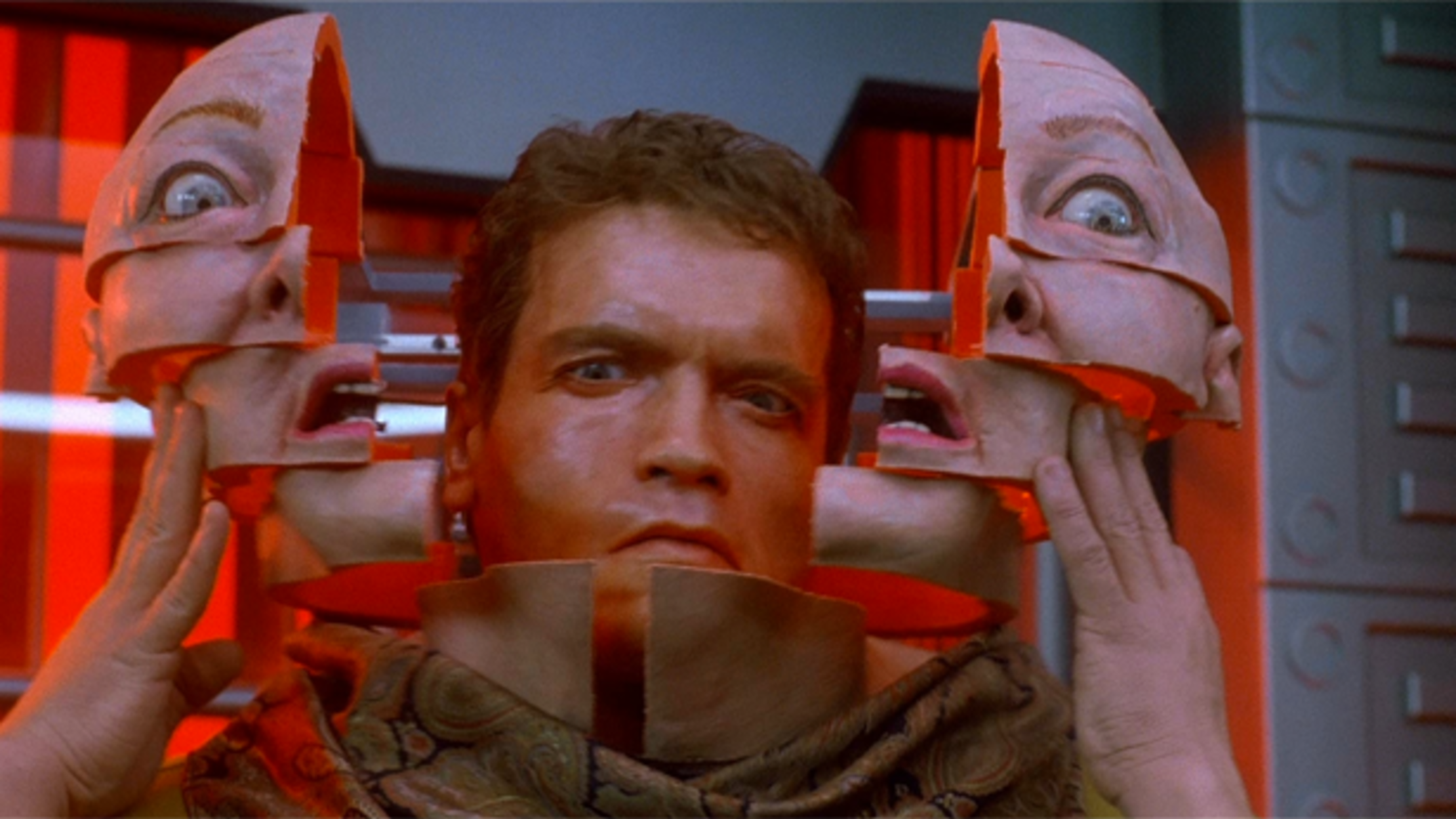Neuroethics Wrapped We asked our members to reflect on the noteworthy neuroethics-themed films, shows, media, and art that they appreciated in 2020. Here’s the collection of all the compelling, inspiring and interesting suggestions we received. Thanks to all the INS members and partners who contributed to the conversation. WatchDevs – ‘Devs’ is a mini-series that encompasses themes of free will and responsibility in technology and artificial intelligence. In the show, computer engineer Lily Chan investigates the ties between her boyfriends death and the secret development division of the Silicon Valley tech company that she works for. INS member Ishan Dasgupta describes the show as “not exactly uplifting, but certainly very, very neuroethics.” Take a look at the preview and stream the entire series on Hulu. 
Credit: Lifestyle Asia The Queen’s Gambit – 'The Queens Gambit' is a coming-of-age miniseries that features Beth Harmon, an orphaned young girl with a talent for chess. A compelling cognitive enhancement plot thread is just one of the many themes that makes this miniseries popular. Watch the trailer and stream the entire series on Netflix. Superintelligence (2020) – In this film, a powerful artificial intelligence decides to study the average Carol Peters (Melissa McCarthy) in order to learn about humanity. The data privacy issues and moral conundrums in the movie are reminiscent of neuroethical issues regarding the use of brain data. Watch the trailer and stream the entire movie on HBO Max. Raised by Wolves – ‘Raised by Wolves’ is an HBO Max original that tells the story of two androids tasked with raising human children on a mysterious virgin planet. Ultimately, the androids learn that controlling the beliefs of humans is a dangerous endeavor. The series raises questions about religious differences, death, afterlife, and the future of humanity. Watch the trailer and stream the full first episode for free. You can find the entire series on HBO Max. 
Credit: Hollywood Reporter Celeste – This Australian film tells the story of its namesake: a retired opera singer named Celeste who is preparing to return to the stage. Roland Nadler noted that this film “had some neat things to say about anxiety and how we relate to parts of our (always a little fragmentary!) selves.” Watch the trailer and buy or rent the entire film on YouTube or Google Play. I Am Human – This feature documentary explores the co-evolution of humans and technology by following three subjects with implantable brain interfaces. Check out the trailer and rent or buy the documentary on YouTube or Google Play. Additionally, listen to this panel discussion to hear insights from INS and IEEE members about the neuroethics topics addressed in the documentary. ListenPodcast: Brene with David Eagleman on The Inside Story of the Ever Changing Brain – In this episode of the ‘Unlocking Us’ podcast, social researcher Brene Brown talks with neuroscientist David Eagleman about the mysterious, malleable, and constantly changing brain. The conversation highlights the importance of new experiences for brain development and health. Listen to the full episode for free on Spotify. 
Credit: Spotify Neuroethics Playlist 3 – Emory's The Neuroethics Blog highlighted a handful of songs in their annual neuroethics playlist. The collection spans from Pink Floyd to Ozzy Osbourne with songs that tell stories about neuroethics, neuroscience, the brain and mind. Read the blog post for an in-depth description of each song and listen on Spotify. ViewIt's All In My Head – This is an ongoing multimedia project with a focus on global mental health. Artist Etinosa Yvonne explores the coping mechanisms of survivors of terrorism, conflict and cruelty by using layered portraits of the survivors and the things that they do to help them move forward. The project advocates for increased access to psychosocial support for survivors in order to improve their mental health and wellbeing. Browse the entire collection of layered portraits. Sculptures that reflect brain themes – Dr. Snyder is an Alzheimer’s researcher and a sculptor that links neuroscience and art in his sculptures and photography. His Interstice Exhibit focuses on the meaning of life with Alzheimer’s disease from perspectives as a patient, caregiver, family member, loved one, or neighbor. Learn more about Dr. Snyder and his work. PlayKatana ZERO – Katana ZERO is a 2D action platform video game developed by Askiisoft. Tim Brown describes the game as a “cyberpunk noir where the protagonist is an assassin dependent on a drug that gives him precognition.” View the launch trailer and visit the website to learn more. Katana ZERO is available on Nintendo Switch, Xbox One, Microsoft Windows, and Mac OS. 
Credit: Askiisoft.com Blasts from the PastIn no particular order, several older examples we (happily) revisited. Dark City (1998)  Flowers for Algernon (book and film adaptation, 2000) Tarzan, Terminator, and Planet of the Apes The Uglies (book series) The Matrix (1999) The Astonishing Hypothesis by Francis Crick Minority Report (2002) Eternal Sunshine of the Spotless Mind (2004) The Speed of Dark by Elizabeth Moon Coma by Robin Cook Conquerors’ Pride by Timothy Zahn Total Recall (1990) 
And that’s a wrap. Keep this conversation going by sharing any future suggestions with us on Twitter (@neuroethicsinfo). You can also get inspired with a deeper dive into various neuroethics topics discussed during our free events in the Neuroethics Webinar Series. |
